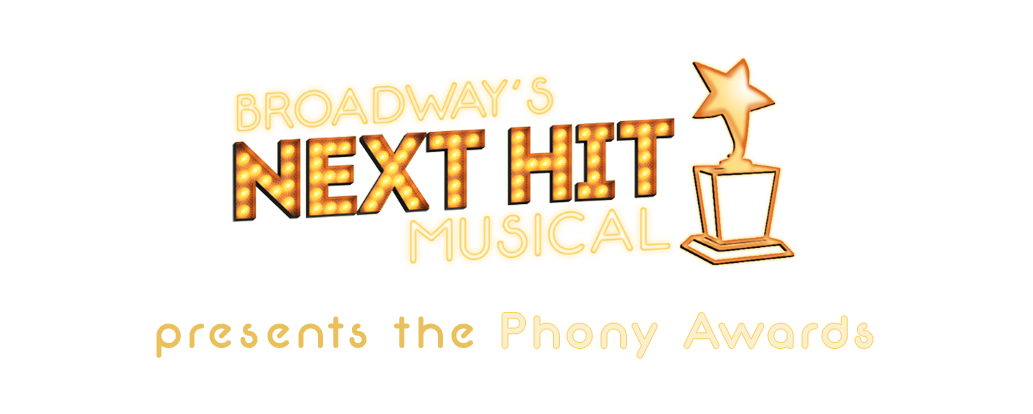Note: Once a month we have our producers and artistic directors write a post about improv, musical improv, and BNHM. This one was written by producer/co-artistic director/performer Rob Schiffmann.
Rob Schiffmann in a rehearsal for Broadway's Next Hit Musical
There is no doubt that the combination of being both a songwriter and a musical improviser has influenced the way I approach both disciplines. Although there are vast differences between the two, the overlap is very evident and very exciting.
As a writer, I am definitely aware of the structure of a song. However, that structure is HIGHLY dependent on the ‘energy map’ of the song. When I write a verse, I then have to sing it a ton of times until it begins to feel ‘natural’ and can begin to speak back to me in terms of what it needs. Maybe a rhythm feels off in a line or the rhyme scheme feels odd on another. What always becomes clear is sectionally, what NEEDS to come next. If the verse has built enough tension, often what comes next is a chorus to relieve that tension. If the verse ends with resolution and thus no tension to break, often a 2nd verse is called for. The knowledge that energy in the moment is a much more effective determiner of structure than predetermination has made me a strong believer that if we want our songs to soar, we MUST determine structure in the moment by listening to what the music is telling us.
Several years ago, I was asked to write a piece for a choreographer in California who liked the way I improvised melodies with my voice. When I sent him my first sketches, he remarked that they were missing the soaring qualities of my improvisations. He confirmed my suspicions with that statement. I had always wondered if my process of writing was hampering my melodies. This suspicion came from the fact that when I write, I am almost always accompanying myself, be it on a piano, bass, guitar or percussion instrument. This process had the pitfall of making my voice too dependent on my hands and vice versa. Thus, I was limiting my melodic possibilities. I knew that the melodies I was improvising were more free and exciting than the ones I was writing. Thus I have changed my process and when I am still writing for my own voice, I often record a chord progression on my instrument and then sing/improvise along to it to avoid the dependency issue. I have found my written melodies can now match my improvised ones in their originality and range.
Improvisation is a perfect tool for a writer and writing is a perfect tool for an improviser. Together they can produce a richness that either alone can often lack.
Editor's Note: You can purchase Rob's band, The Hillary Step's album "Note to Self" including the song "Tell Me You Love Me" here.







